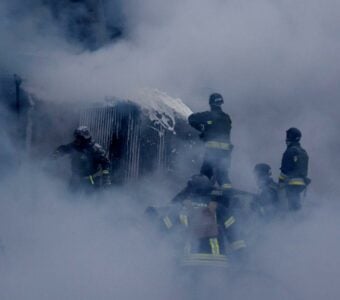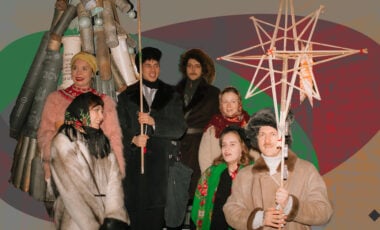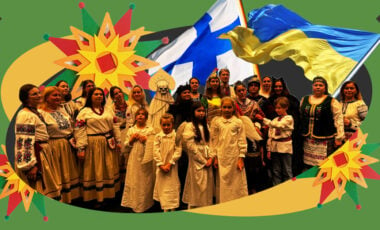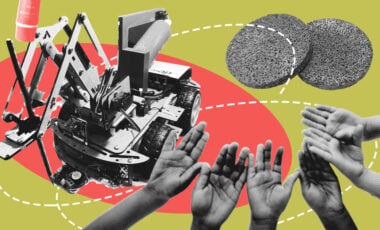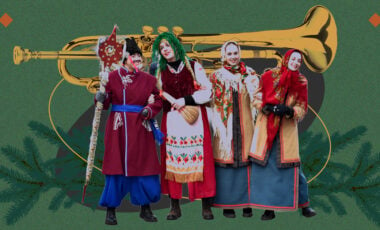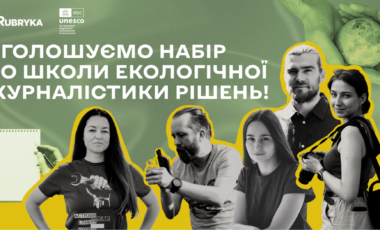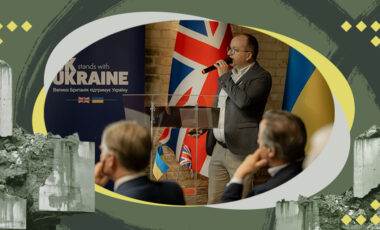Kyiv stops grass mowing to protect city's biodiversity
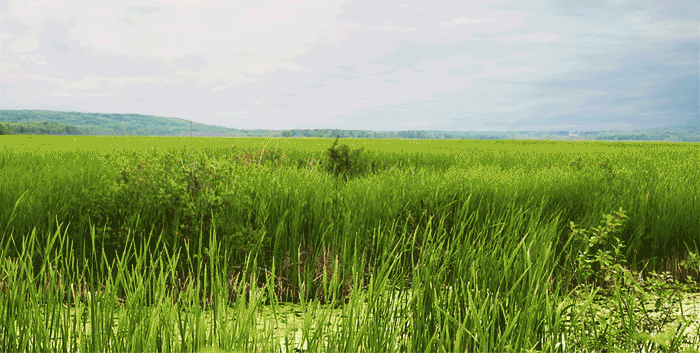
This year, Ukraine's capital Kyiv will introduce European practices to protect biodiversity by planting 25 decorative onions and ceasing grass mowing on experimental plots.
Oleksandr Voznii, head of the Department of Ecology and Natural Resources of the Kyiv City State Administration, reported that the Kyiv City Council website repeatedly received petitions demanding to stop mowing the grass.
What is the problem?
The upkeep of grass lawns can come with high carbon costs and risks, such as depleting water sources and harming local ecosystems. Grass lawns can contribute to greenhouse gas emissions, pollute ecosystems and waste water, and reduce biodiversity. They can also be costly and unsustainable investments, despite being seen as a better option than paved surfaces.
What is the solution?
Twenty-five decorative onions will be planted in Kyiv at traffic junctions, median strips, and areas along highways.
Approximately the same number of plots not located in active recreation zones will be used for the experiment to stop grass mowing. Such areas were allocated in each district of the city.
How does it work?
"In both cases, we are talking about minimal mowing, and so not only saving resources but also creating ideal conditions for the development and protection of biodiversity," says Voznyi.
Decorative meadows and mowing restrictions on designated areas are a common practice in many European capitals, including London, Vienna, Berlin, and others. An essential advantage of these approaches is providing food (pollen and nectar) for pollinating insects. This, in turn, contributes to the development of biodiversity.







